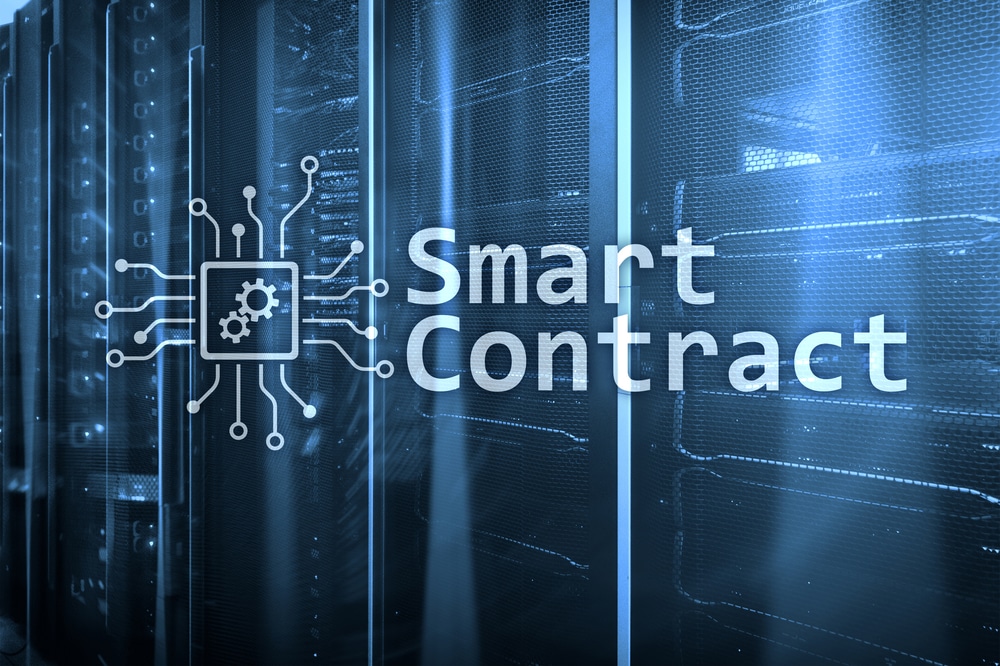Definition
A smart contract is an automated application that operates on a decentralized structure like the blockchain technology. The execution process involves verifying, controlling, and implementing the stipulated agreement. Depending on the information coded on the computer networks, the contract is able to digitally execute a transaction without the need of a third party. Besides, the utilization of the blockchain technology means that the recorded transaction cannot be altered.
How a smart contract works
Before diving into the theoretical process of a smart contract, let’s look at a relatable scenario. Mary is looking to buy a piece of land from Jane. The sale agreement is formulated through a smart contract. As part of the agreement, the land ownership will be shifted to Mary as soon as she completes payment of 500 Ethereum coins.
By relying on the blockchain technology, the setup will be decentralized. This means that it will eliminate third parties such as the bank or broker. In addition to cutting the third-party costs, it enhances the process’ fairness as the transaction cannot be altered. Now that we have painted the picture of a typical smart contract, let’s describe the theoretical process.
A smart contract relies on the coded information on a blockchain technology. The code focuses on “if”, “when”, and “what happens then”. For the smart contract to be executed, all the stipulated conditions have to be met and confirmed. The resultant action could be issuing an event’s ticket once the payment is confirmed or releasing insurance funds upon verifying the claim. Once the transaction has been completed, the blockchain is updated. Subsequently, it is impossible to modify the recorded transactions. Besides, only the authorized parties have access to the details.
Smart contract applications
A smart contract is not just a theoretical concept. In the real world, there are several setups where smart contracts are applicable.
e-voting
Electoral fraud has been a key issue in past nationwide elections in various developed and developing countries. For instance, the 2020 US presidential elections have been in contention after Donald Trump accused President Biden’s team of manipulating the results. The situation proved that even with a computerized voting system, transparency concerns remain.
Notably, smart contracts are an effective approach to dealing with such issues. Since a smart contract relies on the blockchain technology, it would be efficient in validating a voter’s identity and the actual vote. Besides, it makes it impossible to manipulate the records, thus ensuring a fair election.
Insurance
Insurance companies spend hefty on processing claims. However, fraudulent claims are also a key concern for the firms. Depending on the nature of the policy, a smart contract will be helpful in identifying errors and determining the amount to be paid out to the client. Using smart contracts in connection to Internet of Things tools will further facilitate the automatic pay-out of claims after an incident or accident. Speedy processing of documents such as driving records, details of the insurance policy, and accident reports will be beneficial to all the involved parties.
Other than the discussed examples, smart contracts are applicable in areas such as medical research, supply chain management, real estate, and peer-to-peer transactions.



